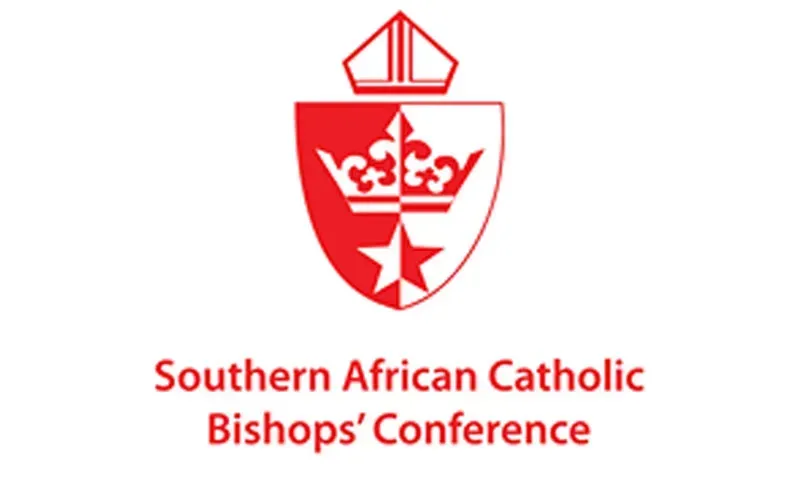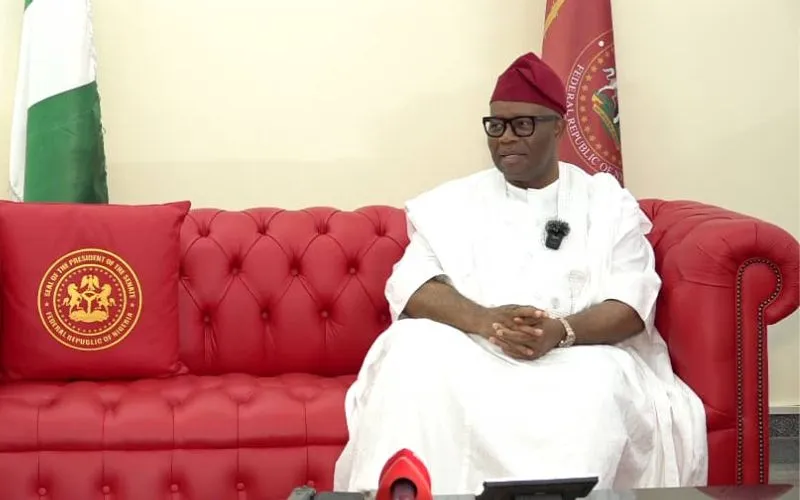“We are disappointed that the President has not been decisive on this matter and are concerned that once more, political expediency, particularly in relation to the upcoming ANC’s elective conference, seems to prevail over the good of the nation,” SACBC members say.
They call on the Head of State to “announce as soon as possible how he will hold to account the cabinet ministers implicated in the Commission’s report.”
The State capture document also touches on the Zondo Report, which implicated South Africa’s former president, Jacob Zuma, and other State officials in improper relationships with the Gupta family, among other improprieties.
SACBC members say that the implementation of the Zondo Report will lack credibility if the prosecution will only target middle level government officials while “senior-level politicians implicated in the state capture report and other allegations of corruption get off scot-free.”
“We need assurance from the president that senior-level politicians and cabinet ministers will not be shielded from accountability,” say the Catholic Church leaders from South Africa, Eswatini and Botswana.
(Story continues below)
They add that the credibility of the Zondo Report will be questionable if the President fails to prove to the country his integrity concerning the “alleged crimes of financial misconduct and defeating the ends of justice from his Phala Phala farm.”
“We, therefore, call on the president and all relevant institutions to conclude the investigations and reports on the allegations of the president breaking the law as soon as possible,” SACBC members say in their statement shared with ACI Africa November 3.
They also condemn greed and the spirit of indifference displayed by the business and political elite in South Africa.
The level of greed in South Africa “has generated high levels of public sector and private sector corruption, diverting resources that the country needs to recover from its legacies of economic inequalities and poverty,” the Catholic Church leaders say.
“Our wish and prayer are that our people work together to adopt a new vision of politics and economy guided by the common good and the concerns of the most vulnerable in society, not the narrow interests of the business and political elite,” SACBC members say in their statement shared with ACI Africa November 3.
Silas Mwale Isenjia is a Kenyan journalist with a great zeal and interest for Catholic Church related communication. He holds a Bachelor’s Degree in Linguistics, Media and Communication from Moi University in Kenya. Silas has vast experience in the Media production industry. He currently works as a Journalist for ACI Africa.





